I was just about to move on from the topic of life postpartum, at least for a while, but I recently saw something very important when it comes to celebrity news that relates to postpartum depression, and I thought it was worthy to write about. That celebrity news came from Hayden Panettiere. For those of you that don’t know, Panettiere is a former child actress who appeared in numerous teen movies during the 2000’s such as ‘Raising Helen’ with Kate Hudson, ‘Ice Princess’ with Kim Catrall, and ‘Bring It On: All Or Nothing’ with Solange Knowles. Between 2006 and 2010, Panettiere starred in the TV series, ‘Heroes’, as Milo Ventimiglia’s niece, Claire Bennet. During the 2010’s, she famously starred on the country musical TV series, ‘Nashville as Juliette Barns with Connie Briton and Charles Eston.
During her time on ‘Nashville’, Panettiere was in a long-term relationship with Ukrainian former professional boxer, Wladimir Klitschko. In 2014, they had a daughter, Kaya, together. Her pregnancy was written into ‘Nashville’, and she and her character had babies at the same time. Also at the same time, she and her character were going through postpartum depression. Somehow, Hayden Panettiere and Juliette Barnes both became advocates for postpartum depression, but it all came at a price. On top of postpartum depression, Panettiere was struggling with opioid and alcohol addiction. She recently opened up about her trauma of being a part of the show and playing Juliette Barnes during an interview with ‘The Messenger’
‘I look back at it with curiosity more than anything. If I hadn’t had done that — if I hadn’t accepted Nashville and had all that time to be involved with other projects — then where would I be now? Because it took six years of my career when I was at my physical prime, my mental, my everything, that I just wonder what it would have been like in the hiatuses, [if I] did one project or film, or was encouraged to do that. Where would I be today?
[My years filming it were] also very traumatizing because I felt like I was acting out my own life. Straight from the beginning, it was like, I’m dating a football player, [and then] Juliette dates a football player. And then they turned her into an alcoholic. Then they turned to her leaving her daughter and going to this crazy [place] in Europe, and it was very obvious … They weren’t doing their homework. They weren’t creating new storylines. They were just looking at my life and going, “Oh, let’s just take what she’s going through and put our little spin on it.” And then, ta-da! It’s done and done.
I had great friends in Nashville, [but] I felt like before I made my friends [in Tennessee], I felt very, very alone. My family didn’t visit a whole lot. And the team of people that I was working with at the time were not the best influence on me. And these people — some had represented me since I was 13 years old — were the kind [that] when they said, “Jump!,” I jumped. If they said, “Wear this,” I wore that. [It] was [to] the point where I couldn’t [and] never trusted my own opinion.’
That’s how it led me to make a lot of errors. I was very naive in that concept and realized after Nashville that I was looking at it from only one perspective. And that perspective changed. I realized I’m not trying to protect myself. People aren’t trying to protect me. They’re trying to protect themselves. It’s material people that I have been trained almost my entire life to trust and listen to and take advice from. It was a terrifying thing to do to finally make that switch.’
The famous saying goes, ‘life imitates art. But also, in this case, art imitates life. I thought that this post was going to be strictly about postpartum depression, and how Hayden Panettiere, not by her own choice, became an advocate for women going through the same thing through her character. But now I realize that it’s so much more than just about postpartum depression. It’s about a woman going through trauma and her bosses and team using her personal life against her. It’s a known fact that writers write content based on experience. Whether they’re writing a book, a short story, a screenplay, a blog post, a YouTube video, a podcast episode, or other source of content, writers write their content based on what they experience, see, or hear. I do, and I dedicated at least a couple of posts on this blog to tell you all about my writing process, as well as to chronicle the life of a writer as a whole.
Though it’s common practice fot writers to create content that’s based on their own lives, it’s NOT common practice to write about their employees’ lives, and not only that, but using their personal lives against them. Throughout her time on ‘Nashville’, Panettiere through hell and back when it came down to her personal life. As I said before, she went through postpartum depression following the birth of her daughter. She went to rehab numerous times to treat her addiction. She broke up with her on-and-off boyfriend and baby daddy, Wladimir Klitschko. She lost custody of her daughter to her former partner, and he and their offspring moved to Ukraine. It’s unimaginable for a mother to lose custody of her child, and I can’t imagine what she must’ve gone through for the judge to agree to give sole custody to the child’s father when 95% of the time, courts favour the mothers when it comes to custody arrangements. But to top it all off, Panettiere has been in an off-and-on relationship with someone who’d abused her and she put to jail since 2018. And finally, in 2023, just before her comeback movie came out, her younger brother passed away suddenly at the age of 28.
Following her time on ‘Nashville’, which officially ended in 2018 after 6 years, Panettiere took a long break from work, especially by Hollywood standards. She hadn’t been seen or heard from work-wise until 2023 when she reprised her role in the ‘Scream’ franchise. But in retrospect, it’s really shouldn’t come as a surprise at all. When ‘Nashville began airing in 2012, Panettiere was just a 23 year old young woman. By that time, she’d already lived a life of practically a 40+ year old woman. She was a 40+ year old woman stuck in a 23 year old body, mind and soul. The people who worked for her weren’t on her side. They worked against her. They saw through her vulnerability and used it against her. She took that much needed break to work on herself and to make sure she has a healthier relationship with her body. When you have problems in your personal life and those problems are played out and manifested in your work, the last thing you want to do is work on yourself.
Call me crazy for publishing this post, let alone writing it in the first place. It was supposed to be strictly about postpartum depression, but it’s definitely a part of it. I’m by no means an actress, nor am I even in the entertainment industry, though I do have a little story to share about it, which I will when the time is right. But this blog post came to be about the things I’m so passionate about: women’s health, writing, as well as work and company culture. Hence, I couldn’t just let it go unnoticed. It wouldn’t be right. Hayden Panettiere began working as a child. The people around her who were responsible for her career from a young age didn’t have the best interests. They were thinking about her public image and getting as much money out of her as they could. They weren’t thinking of the person behind the business. That treatment continued on into her adulthood, and escalated to more and more people behind her success taking advantage of her.
The writers of ‘Nashville’ could’ve done something completely different with her character. Panettiere’s team could’ve done something to support her and stop the story-lines fro coming to life. But then again, why would they when they made her take ‘happy pills’ when she was just 1 15 year old child? I’m just wondering where her parents were when all of that was happening. Maybe if her parents were more involved in her career during her early days in the entertainment industry, her life would’ve turned out differently. The events that happen during our childhood roll around and become even worse throughout adolescence and adulthood if not dealt with properly. Hayden Panettiere is proof of that.
So I guess if we were to break things down into parts, here’s what Hayden Panettiere taught us throughout her career:
- If you start working as a child, your parents need to to make sure you’re well taken care of…
Most people might only know Panettiere from her role on ‘Nashville’ as Juliette Barnes. It’s especially true if you’re a fan of country music. But she actually began her career as a child. It’s a heck of a lot to take in, especially when you work with and for a bunch of adults. You’re a child, but you’re living the life of an adult. That’s something that Miley Cyrus opened up about numerous times when speaking of her time on ‘Hannah Montana. She also said that the only thing that saved her was having her father, Billy Ray Cyrus, by her side. - Set boundaries
Young girls and young women are known to be targeted for their vulnerability. Panettiere is the perfect example of that. What’s important to do is to set boundaries with the people you work with and work for early on for them not to take advantage of you, no matter how old you are and no matter what opportunities it might cost you. Sometimes it’s best to lose out on good opportunities in exchange for your well-being. And if your management team you’ve had since you were a young child doesn’t respect you as an adult, then maybe it’s time for you to change your management team. - Think your health before anything else
A lot of the time, as women, we forget to take care of ourselves and our bodies because we have so much going on in our lives – our partners, our kids, our work, and so on and so forth that life throws at us. But did you know that women are more likely to develop autoimmune diseases such as multiple scoliosis and Rheumatoid arthritis than men in their lifetime? It’s so important for a woman of any age and in any life stage to take care of herself first. The best treatment for an autoimmune disease, or any other illness such as a chronic illness, is self care. No amount and dosage of medication or any other scientific treatment will ever beat a treatment that is self care. - Put your family first before work
In the 21st century, we see more and more women dominating the world. More and more women are joining the workforce, becoming CEO’s of major firms, and even starting their own businesses. That means either one of two things: women forget that put their families (partners and kids) first ahead of their careers, or women don’t have families of their own at all. There’s absolutely nothing wrong for a woman to choose to live a child-free life. There’s nothing wrong with a woman choosing not to have a partnership and choosing to married to her career even. But if a woman DOES have a partner and kids at home, she needs to not forget that family is still a priority, and everything else is secondary. If work gets in the way of a woman’s family life, it’s a sign that something needs to change.
Sign up to our newsletter if you want to see more content from The Graceful Boon! By signing up to our newsletter, you'll get an even more in-depth content from yours truly, Stacie Kiselman, who's our Graceful Boon, that you won't want to miss out on.

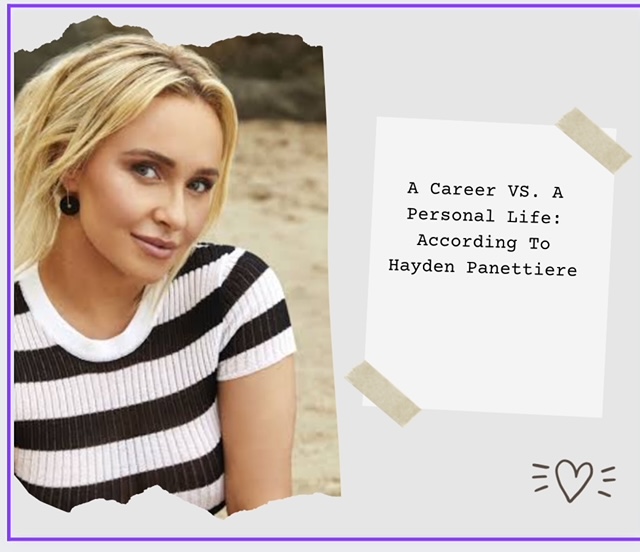

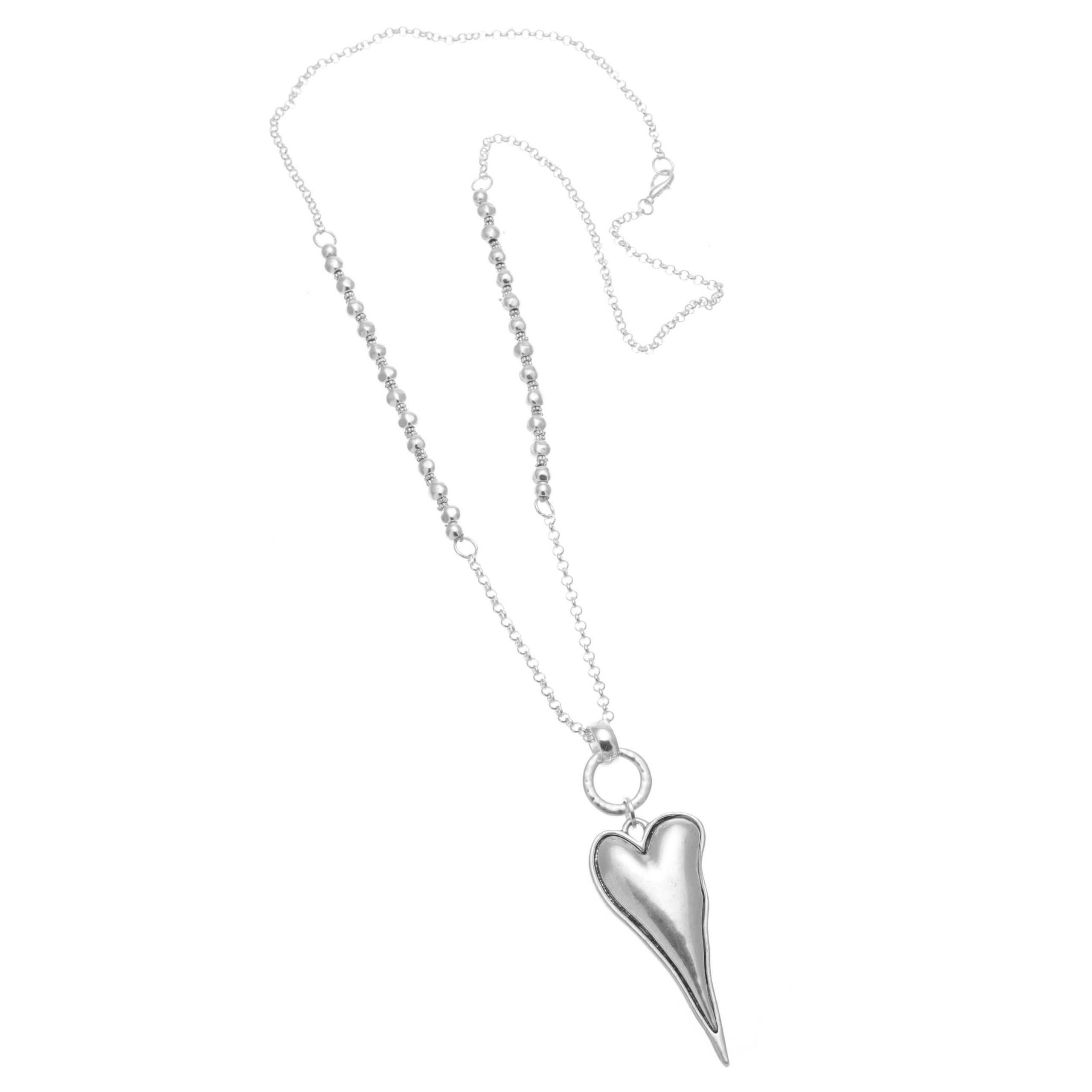
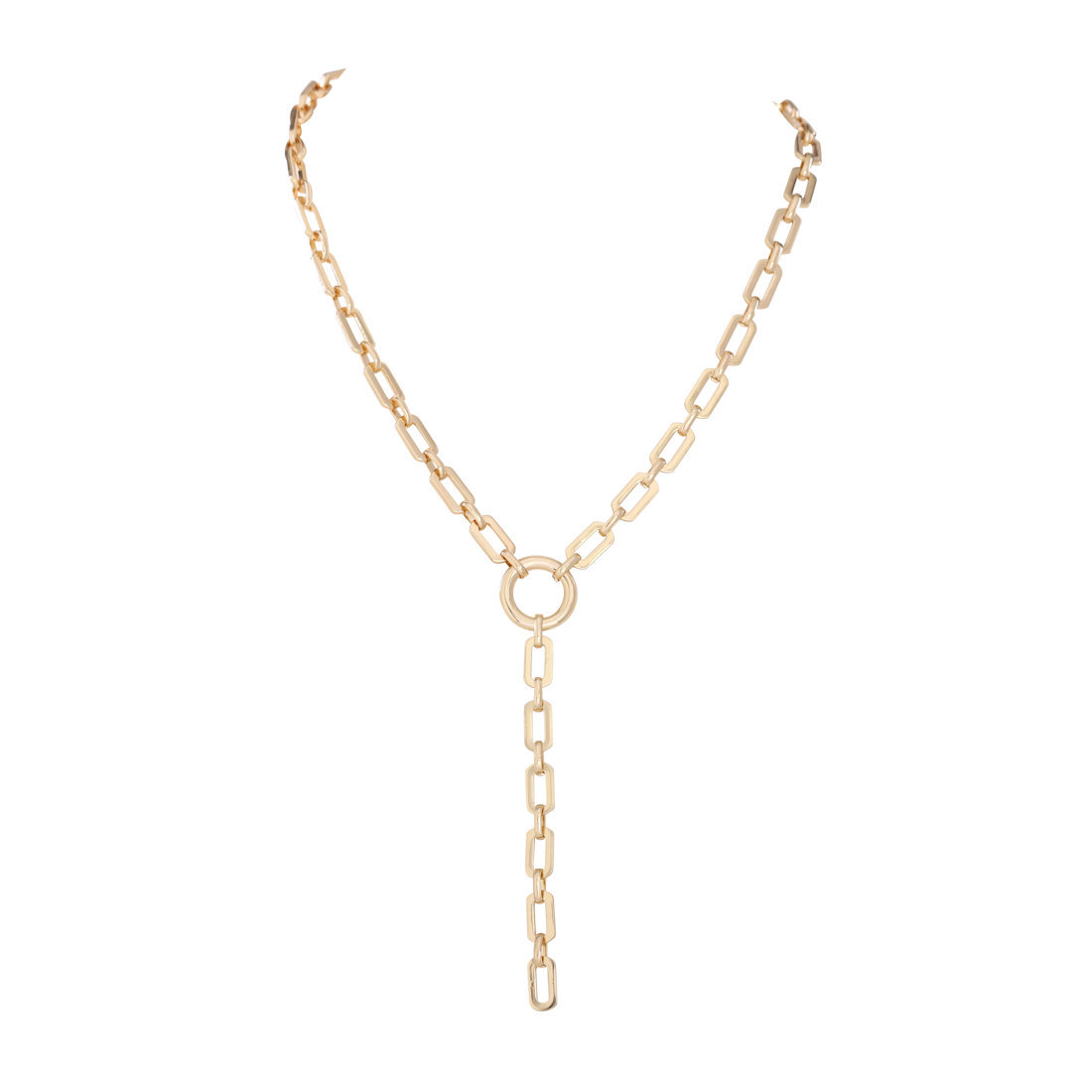
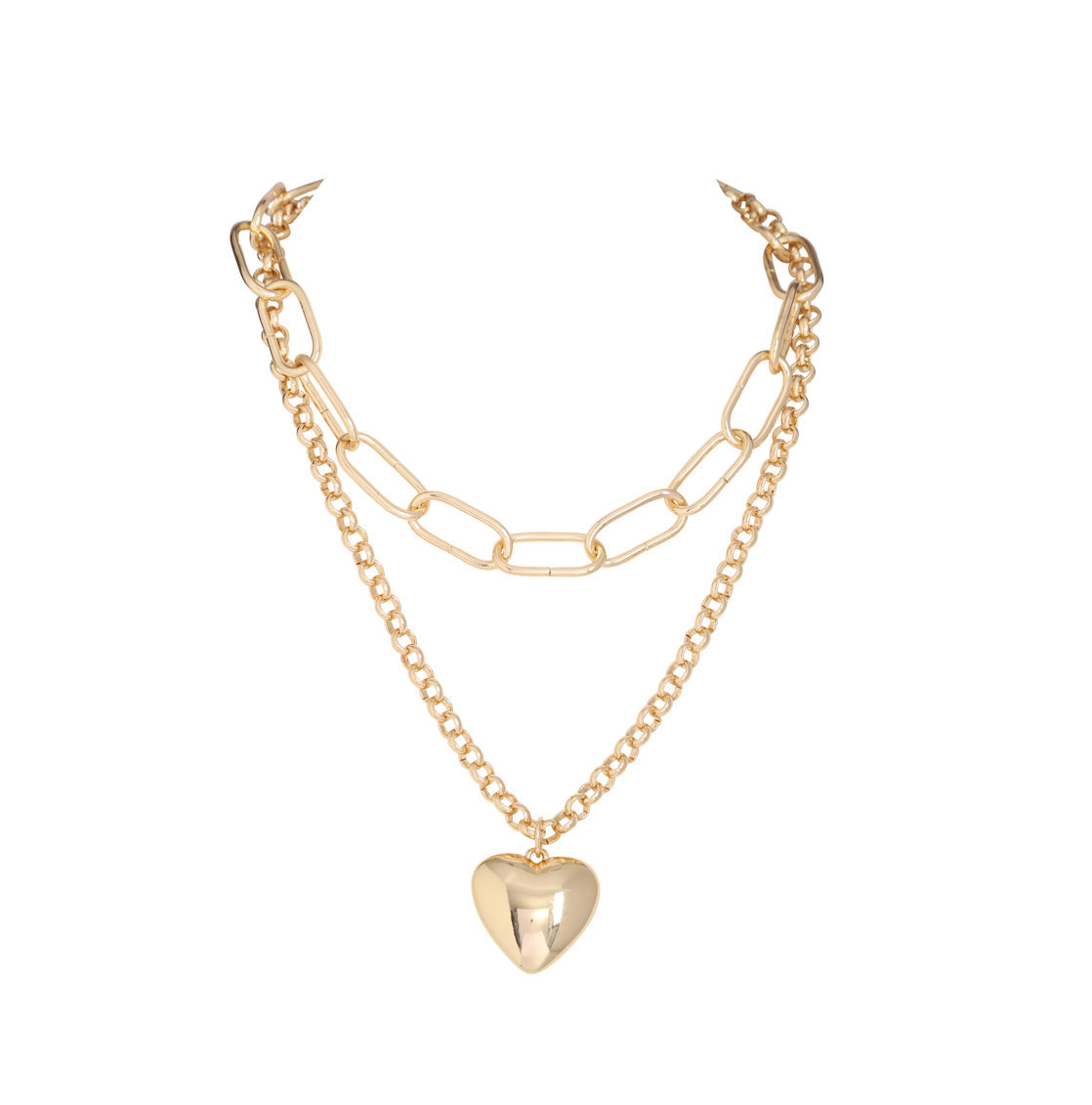
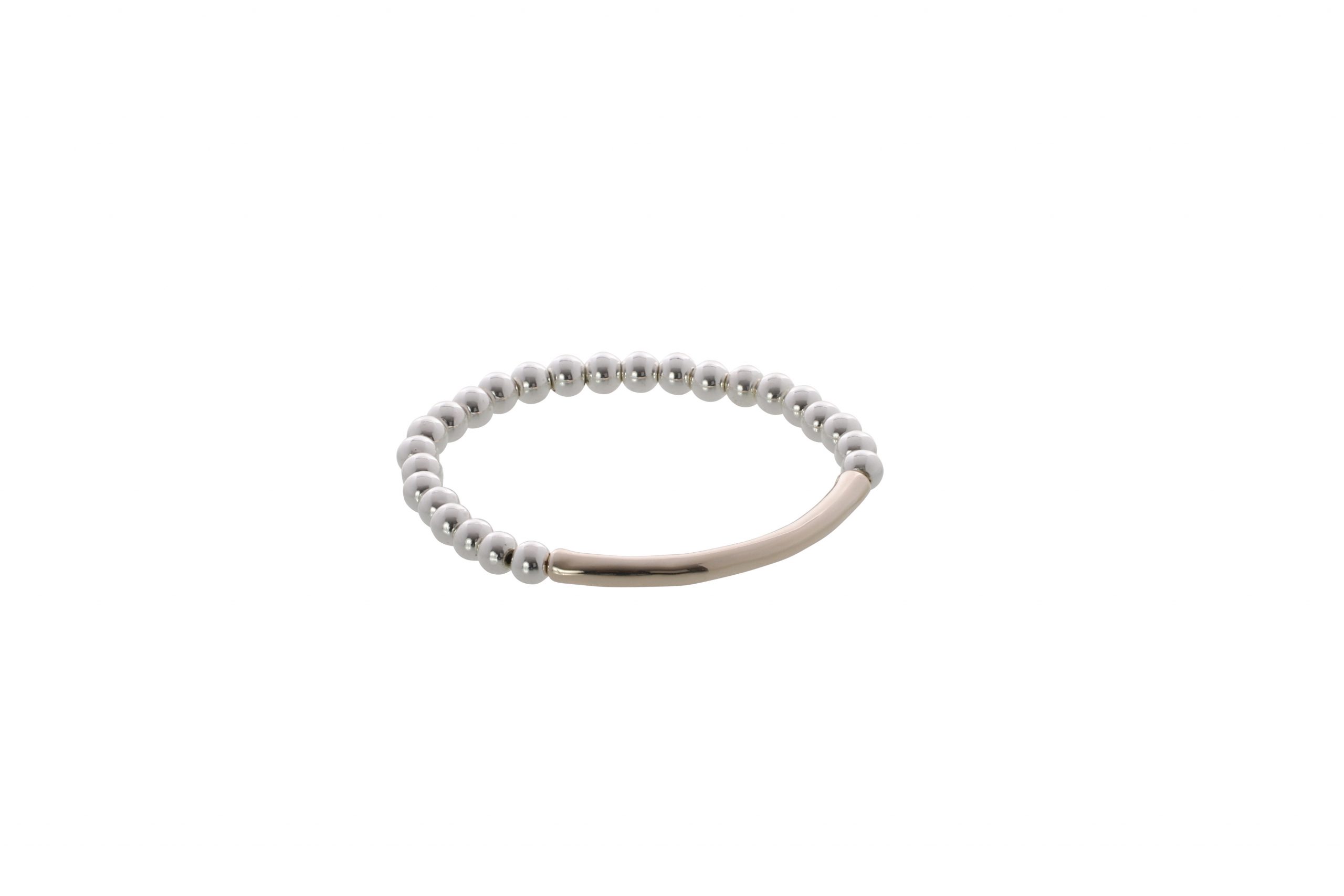

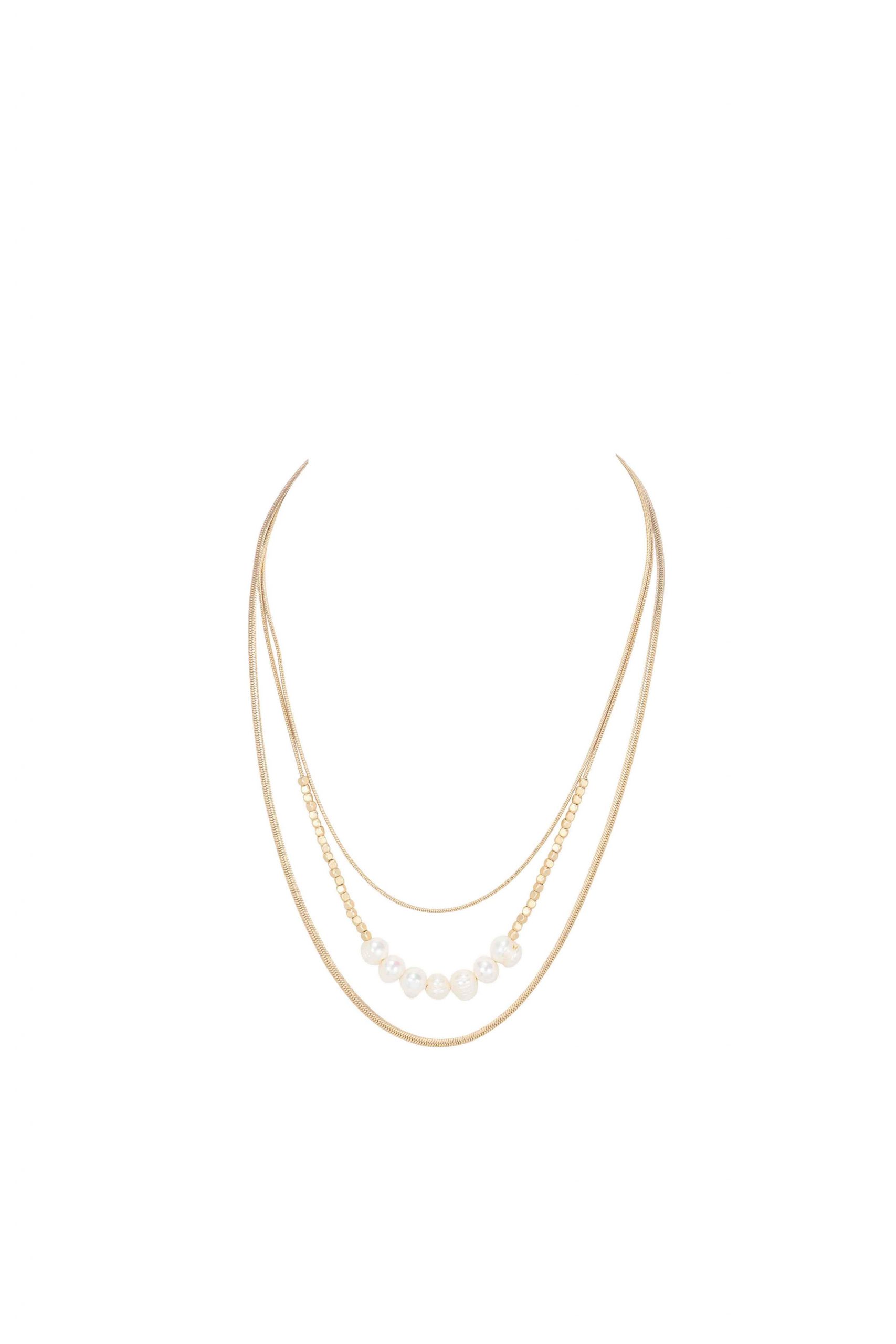

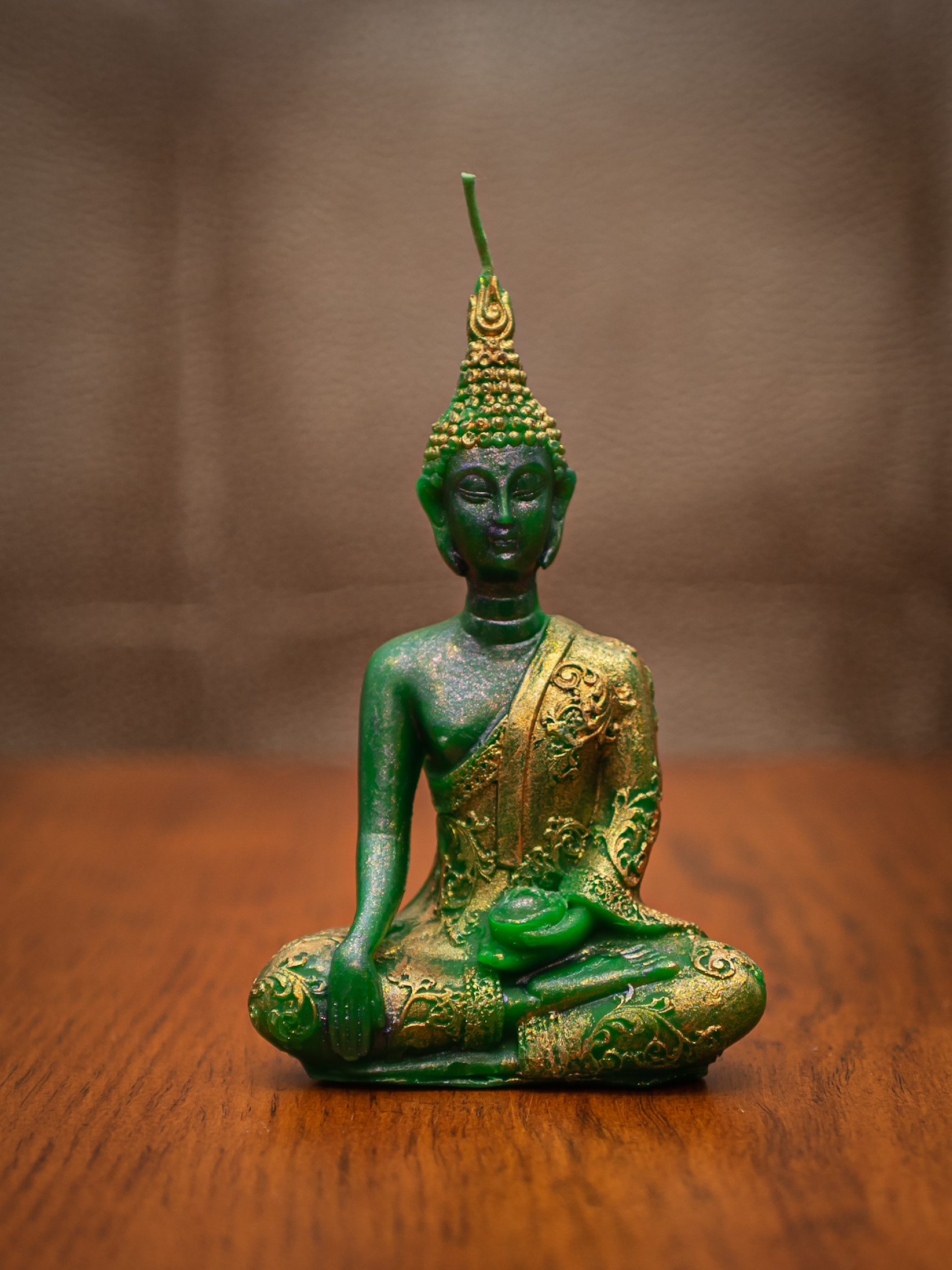
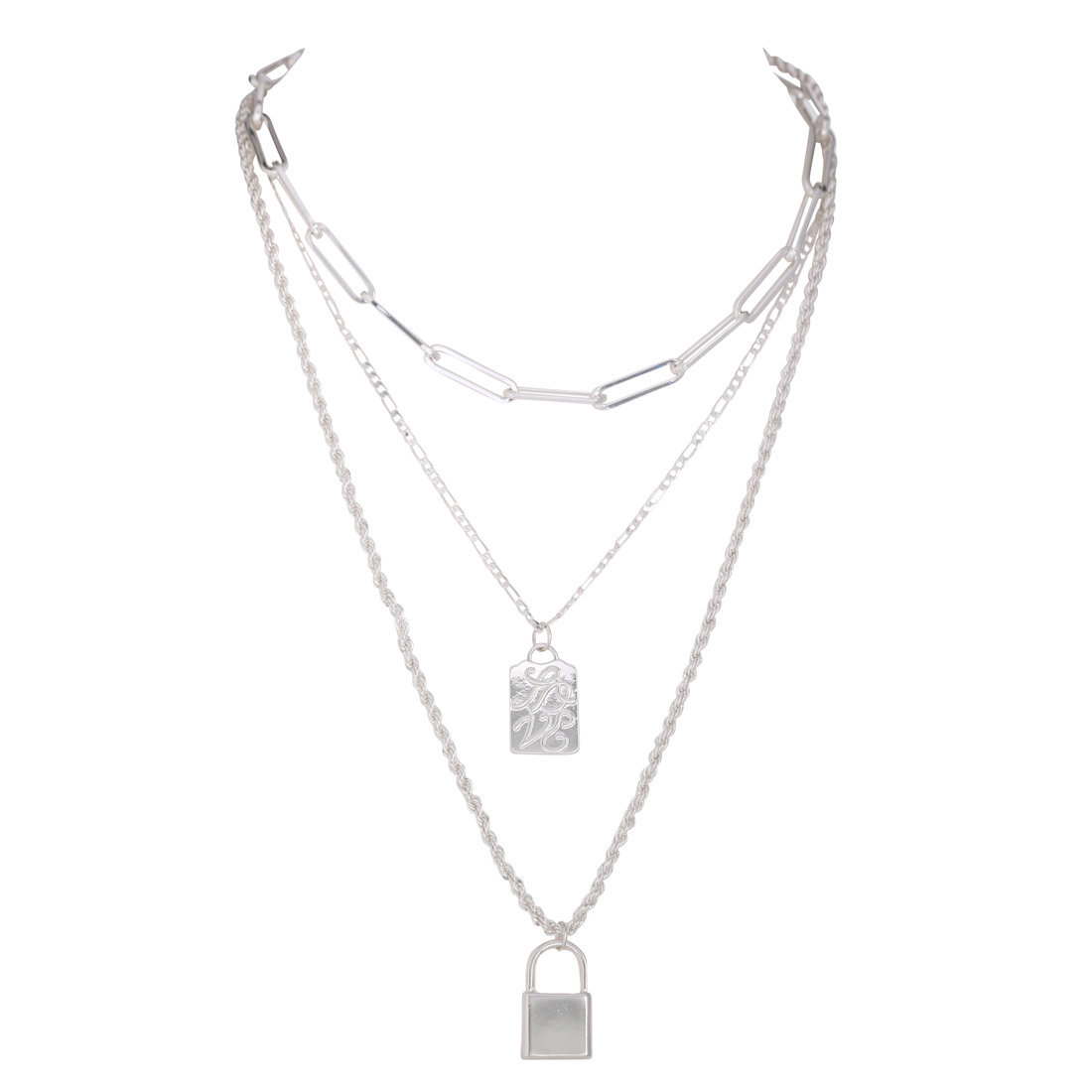
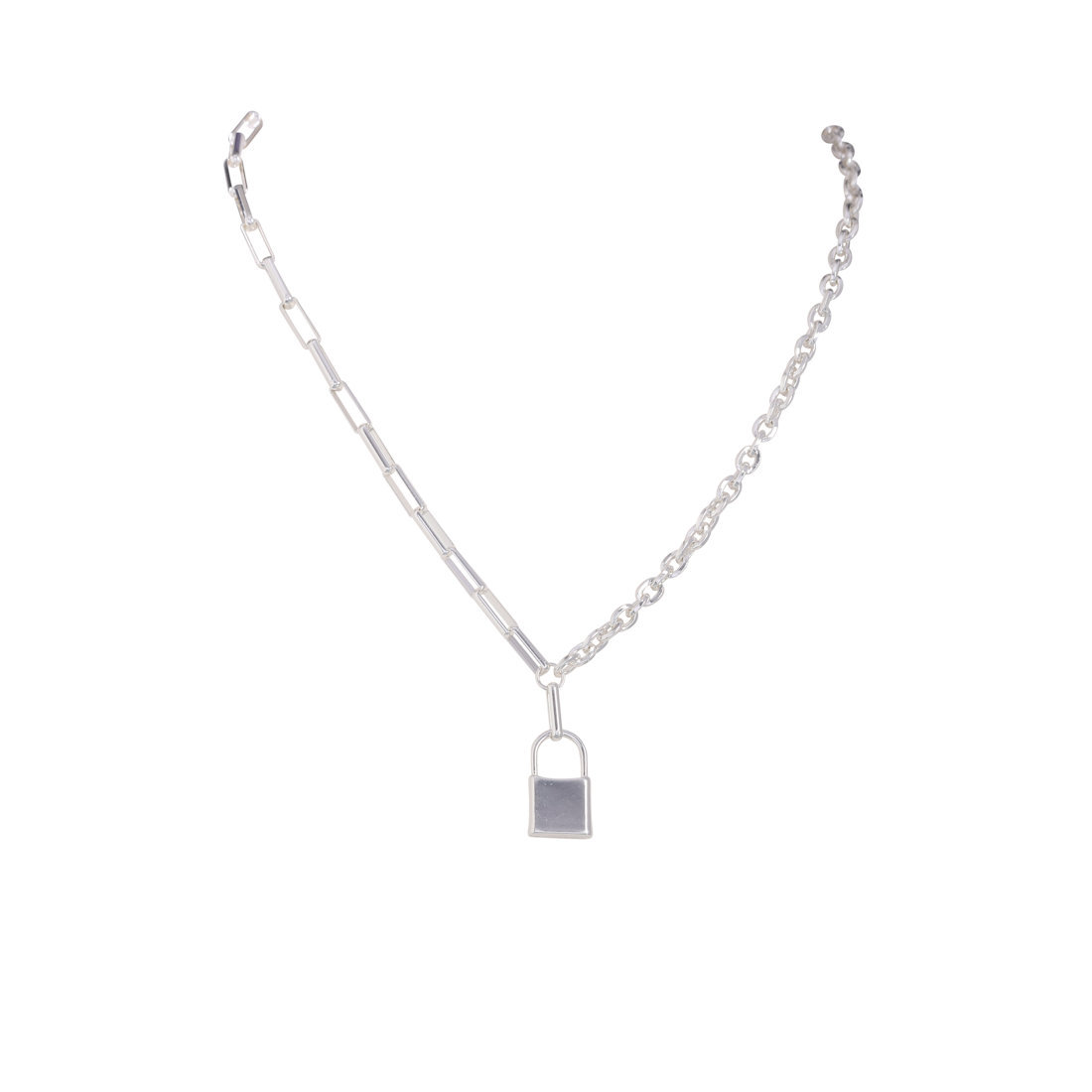
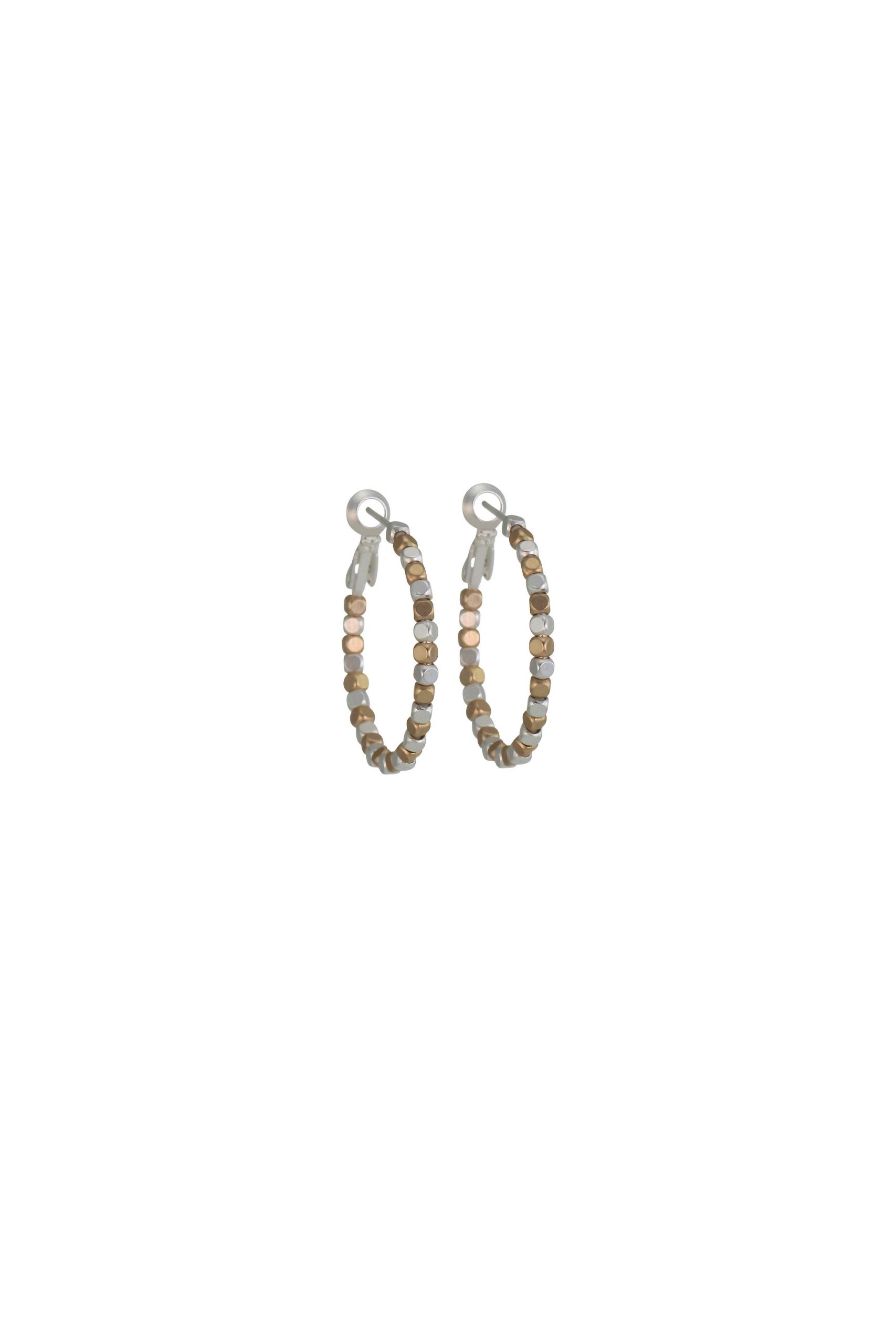
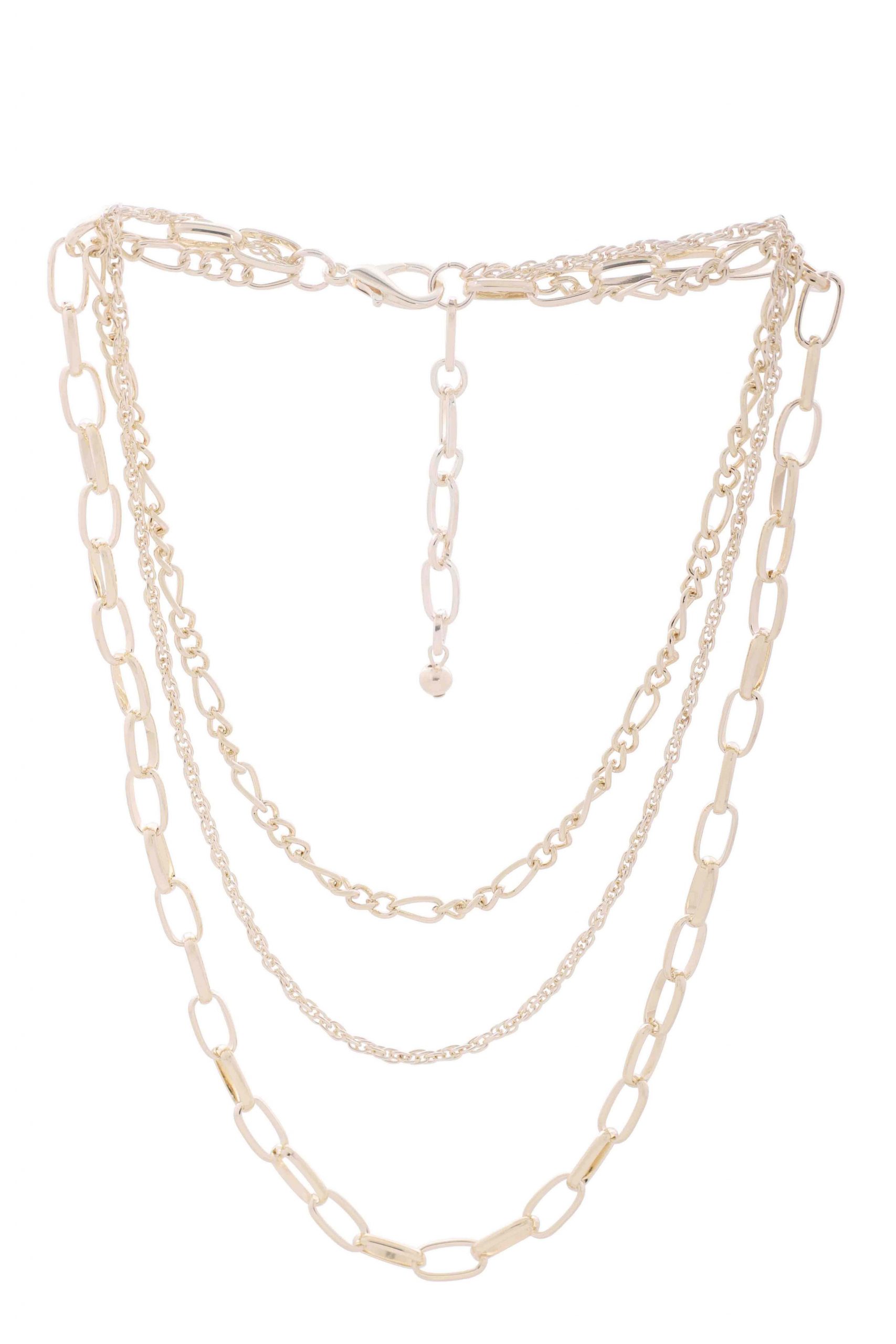
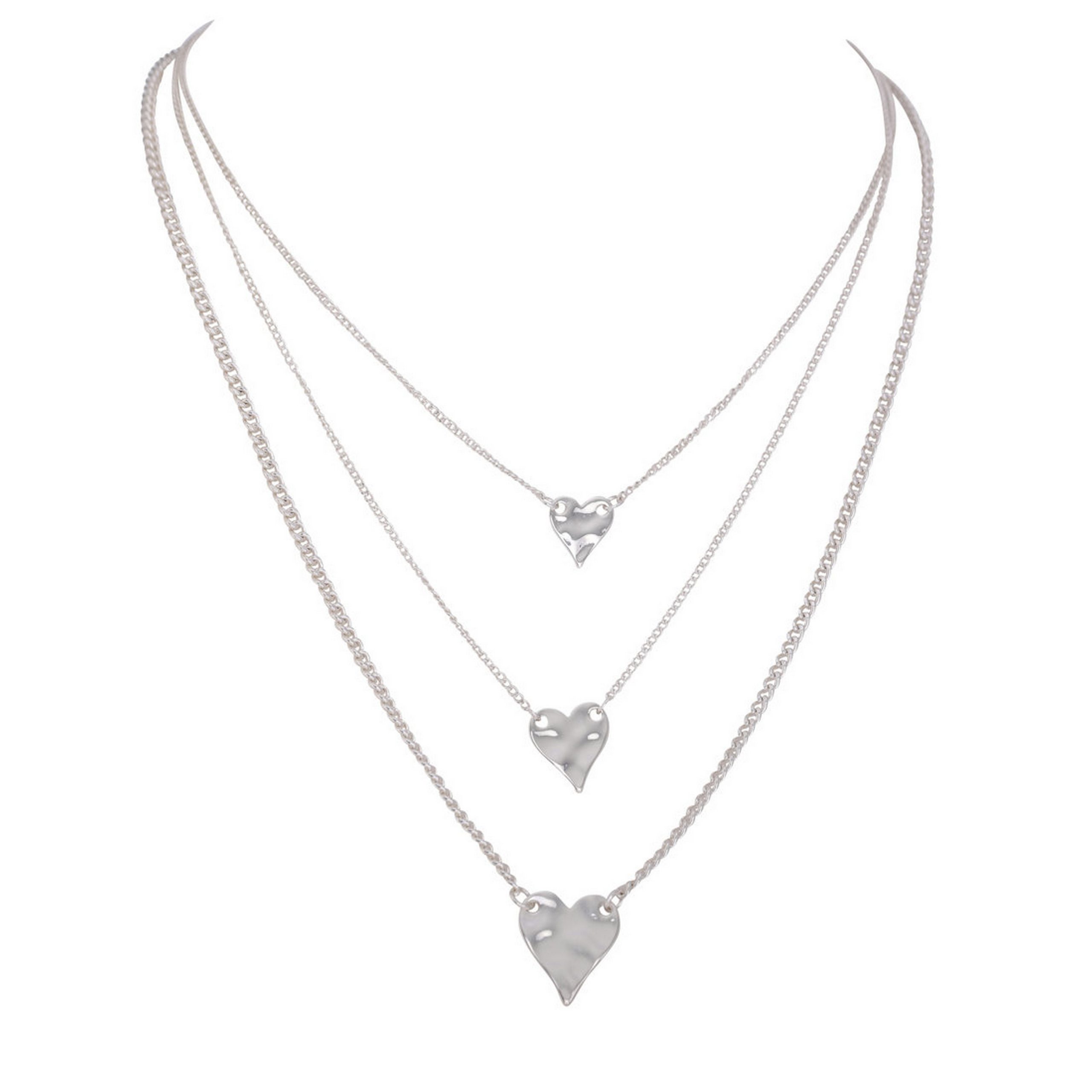
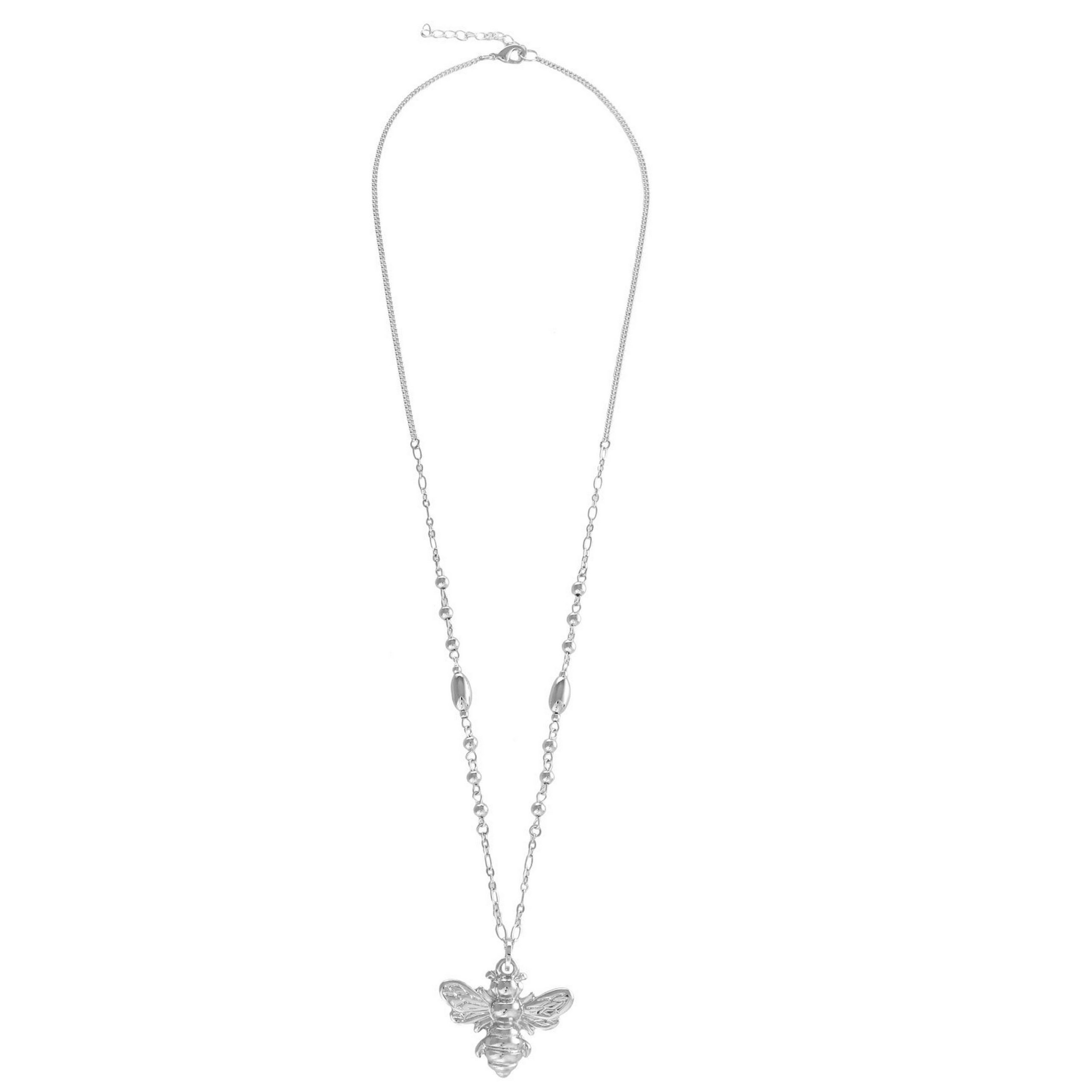

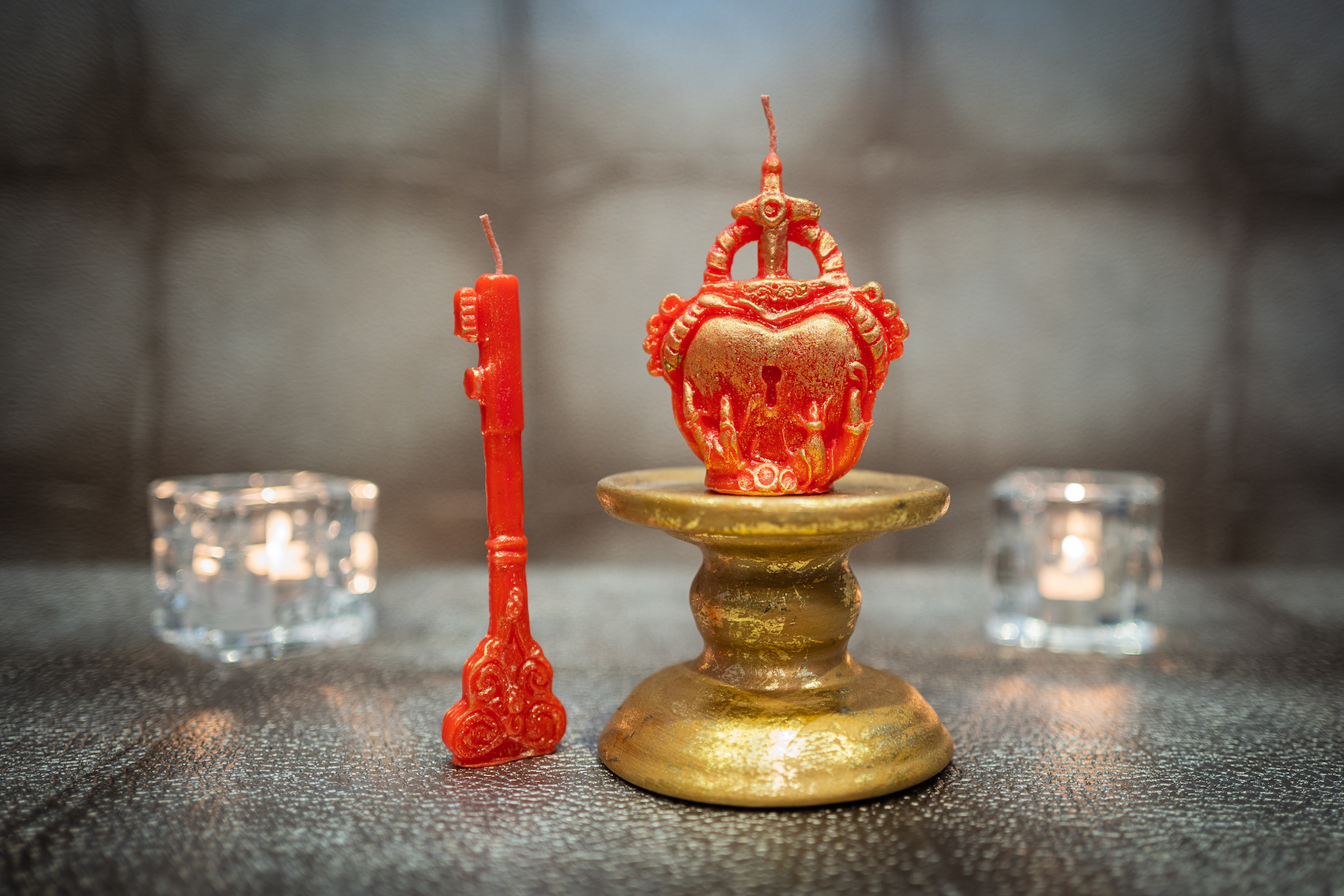


Valid observations! Women who are working after childbirth face so many challenges. It can take a lot to learn how to advocate for your needs so that you can be healthy enough to look after others.